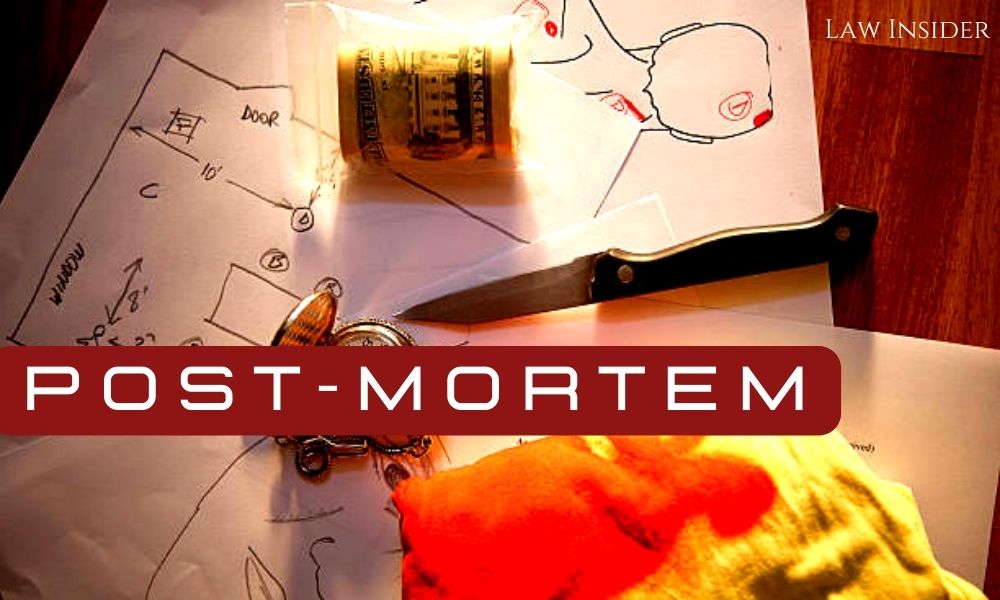Mitali Palnitkar
Published On: February 17, 2022 at 15:04 IST
The Jammu and Kashmir High Court dismissed a Criminal Acquittal Appeal observing that the Evidence of Post-Mortem report cannot be the sole basis for convicting the Accused in absence of legal proof against him.
The Division Bench hearing the matter comprised Justices Mohan Lal and Sanjeev Kumar.
The Bench was dealing with a Criminal Acquittal Appeal filed by Jammu & Kashmir Government against the Sessions Court Judgment which acquitted the Accused of charges for Offences under Section 302 read with Section 34 of the Indian Penal Code.
The Appeal was filed on three grounds that the Judgment was contrary to facts and law, passed mechanically. The Court did not appreciate Prosecution Evidence and the Judgment was based upon surmises and conjectures.
Government Advocate Suneel Malhotra argued that the deceased’s body had gunshot injuries and torture in the post-mortem report. However, the Court rejected the argument considering it to be devoid of legal force as none of the Prosecution Witnesses examined had shown the involvement of Accused in killing the deceased. It refused to rely on a post-mortem report for Conviction.
The Court noted that the Prosecution relied on the direct evidence of eyewitnesses and circumstantial evidence of circumstantial witnesses to prove the charges against the Accused.
During the course of Prosecution, the eyewitnesses resigned from testimonies recorded during an investigation under Section 161 of the Criminal Procedure Code (CrPC) and were declared hostile by the Prosecution.
The Court observed that the eyewitnesses had not witnessed the Accused killing the deceased. Also, there was no credible evidence to prove that the Accused persons kidnapped the deceased and killed him. Thus, the evidence of the eyewitness of Prosecution was not trustworthy, reliable and admissible in evidence.
The Court noted that the testimony of close relatives of the deceased does not prove that they saw the Accused killing the deceased. It emphasized,
“The Court should be on its guard while evaluating the truthfulness or the creditworthiness of the testimonies of such interested witnesses.”
The Court relied on the Supreme Court decision in Rai Sandeep alias Deepu v State of NCT of Delhi wherein it was held that the evidence of a sterling witness shall be of high quality and caliber, their version shall be unassailable.
The Court held that there was no legal evidence to prove that the Accused killed the deceased. The Evidence of Prosecution was insufficient in terms of quality and quantity. It would be hazardous to convict the Accused on the basis of “weak, shaky and unacceptable evidence.”

